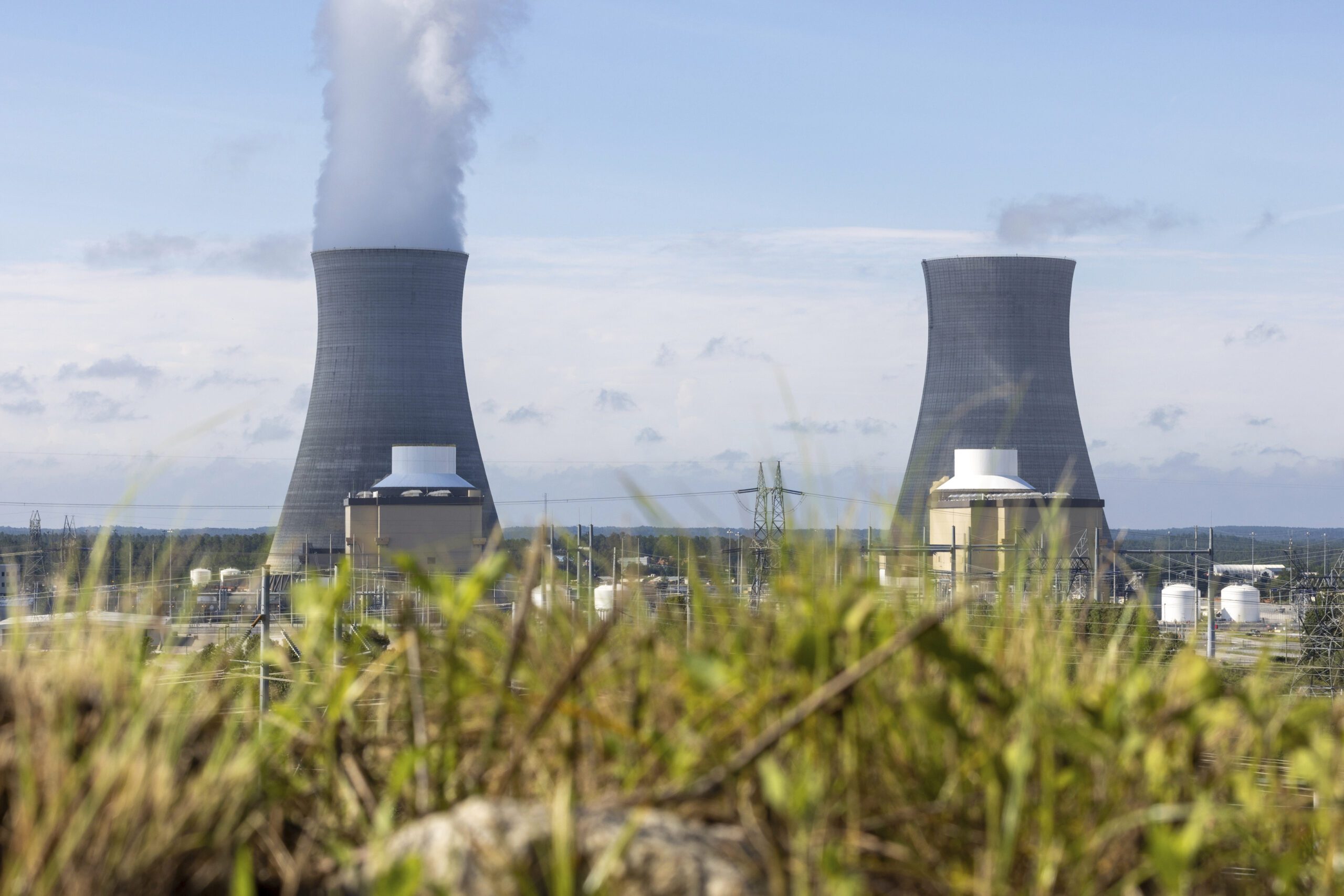White House Announces Groundbreaking Support for New Nuclear Plants
In a groundbreaking move, the White House has unveiled significant measures to bolster the development of new nuclear power plants in the United States. With an ambitious target of achieving a carbon-free power sector by 2035, the administration is taking proactive steps to reduce project risks associated with large nuclear builds.
The newly announced “Power Project Management and Delivery working group” comprises experts tasked with identifying opportunities to mitigate sources of cost and schedule overruns. This initiative aims to address the challenges that have historically plagued new nuclear projects, such as the delayed and over-budget construction of Plant Vogtle Units 3 and 4 in Georgia.
Comprised of members from federal government entities, project developers, engineering firms, utilities, and other stakeholders, the working group is set to drive collaboration and innovation in the nuclear energy sector. Additionally, the U.S. Army has revealed plans to release a Request for Information (RFI) to support the deployment of advanced reactors at multiple Army sites, enhancing energy resilience in the face of various threats.
The White House underscores the importance of nuclear power in meeting decarbonization goals and ensuring a stable electricity supply. Recent policy developments, including the utilization of the Civil Nuclear Credit program and production tax credits, demonstrate a renewed commitment to supporting existing and future nuclear facilities.
Furthermore, the emergence of small modular reactors and microreactors presents a promising avenue for expanding nuclear energy capacity, with several designs aiming for commercial viability by 2030. While these advanced technologies offer potential cost and time savings, their widespread implementation remains a subject of ongoing evaluation.
With nuclear power contributing to 19% of total electricity production in the U.S. in 2023, the White House’s latest announcement signals a positive trajectory for the industry. By enabling the deployment of innovative nuclear technologies, the government is paving the way for a sustainable and resilient energy future.


